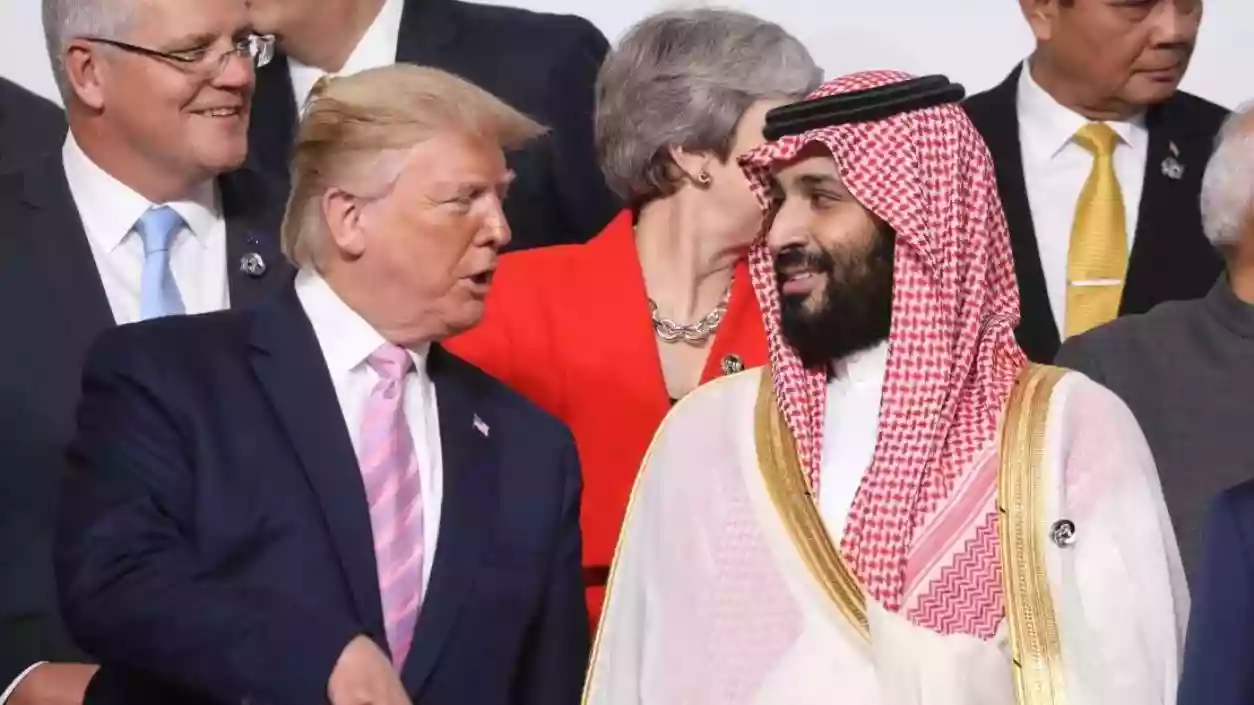.gif)
.gif)

In his virtual address to the World Economic Forum (WEF) in Davos, former US President Donald Trump called on Saudi Arabia and the Organization of the Petroleum Exporting Countries (OPEC) to reduce oil prices, asserting that such a move could bring an immediate end to the Russia-Ukraine war. Trump expressed surprise that OPEC had not already reduced oil prices before the 2024 US election, emphasizing the significant impact that lowering oil prices could have on the global situation.
Trump explained that high oil prices were a key factor in prolonging the Russia-Ukraine war, stating, “Right now, the price is high enough that the war will continue. You have to bring down the oil price, you have to end that war.” He suggested that if oil prices were lowered, it would quickly resolve the conflict. The former president pointed to the control OPEC nations hold over oil production and prices as a major influence on global events and the war.
In addition to oil prices, Trump also addressed the impact of high oil costs on global economic conditions, particularly in the United States. He proposed that a reduction in oil prices should be accompanied by a global reduction in interest rates. Trump argued that lowering oil prices would alleviate financial strain on economies worldwide and help combat inflationary pressures that have been exacerbated by the ongoing conflict.
Trump reiterated the humanitarian crisis caused by the war, which began in February 2022 when Russia invaded Ukraine after Ukraine’s decision to strengthen ties with NATO. As of 2025, the war has resulted in over 14,000 civilian casualties and displaced millions both within Ukraine and across Europe. The conflict has led to significant global economic disruption, particularly in energy markets, with oil and gas supplies from Russia being heavily restricted.
In addition to advocating for oil price reductions, Trump warned Russia of the potential for further economic sanctions, tariffs, and taxes if the war does not end. The United States and its allies have already imposed sweeping sanctions on Russia, targeting its energy, banking, and defense sectors. Trump did not specify which other nations he considered responsible for prolonging the war but made clear that he would take economic action if the conflict continues.
Trump also discussed his past relationship with Russia, expressing admiration for the Russian people and highlighting his positive interactions with President Vladimir Putin during his presidency. He noted that despite political tensions surrounding Russia’s actions, including the 2014 annexation of Crimea and the 2022 invasion of Ukraine, he had always sought a constructive relationship with Russia. Trump’s stance remains one of diplomacy and engagement, though he has acknowledged the broader challenges of Russia's foreign policy and actions.
The war in Ukraine has drawn in NATO, the European Union, and other international entities. Efforts to resolve the conflict have included military aid to Ukraine, diplomatic negotiations, and sanctions against Russia. As the war continues, its effects on global security and economy remain a central focus of international discussions. Trump’s comments at the WEF reflect his belief in leveraging oil pricing as a potential catalyst for ending the war and mitigating its far-reaching consequences.